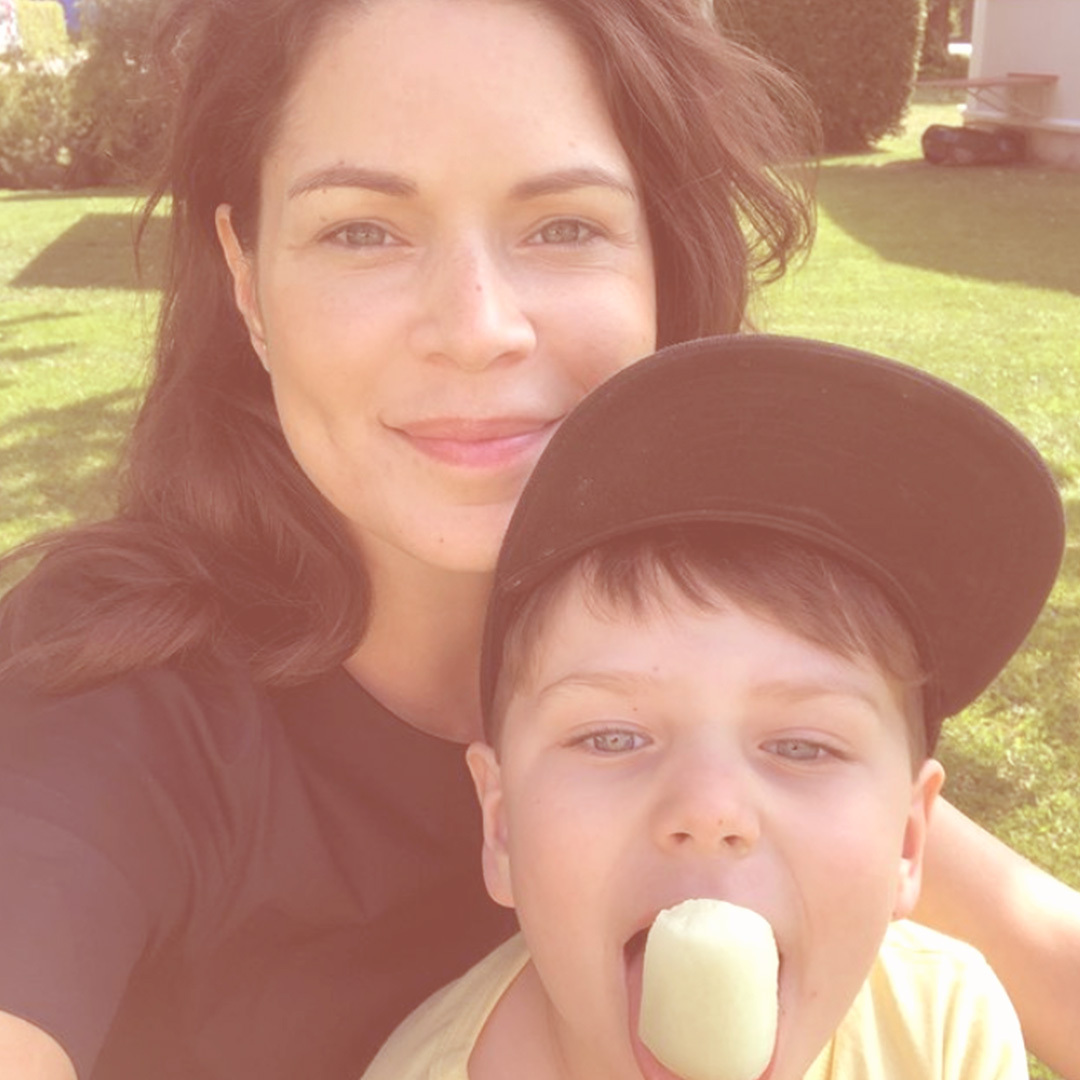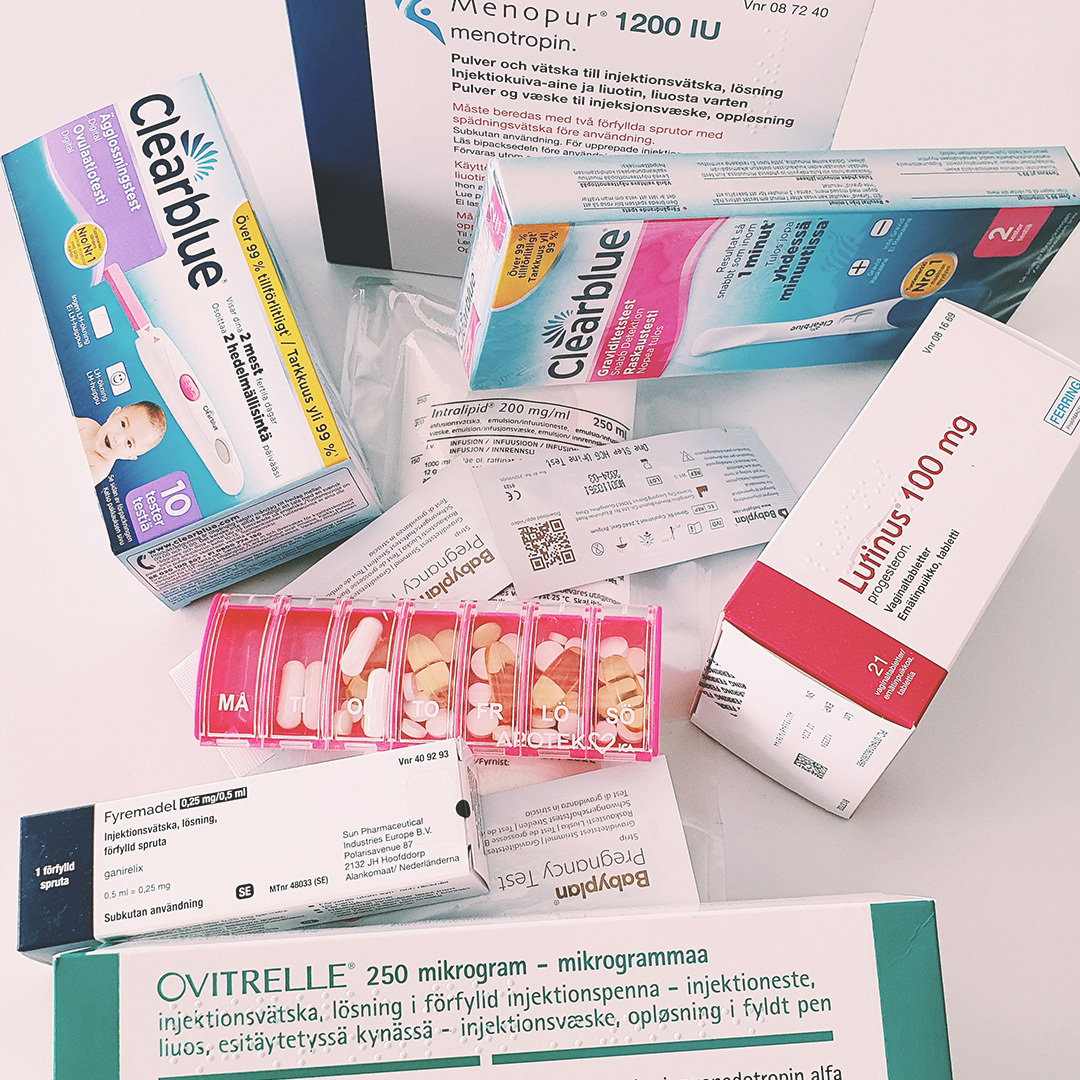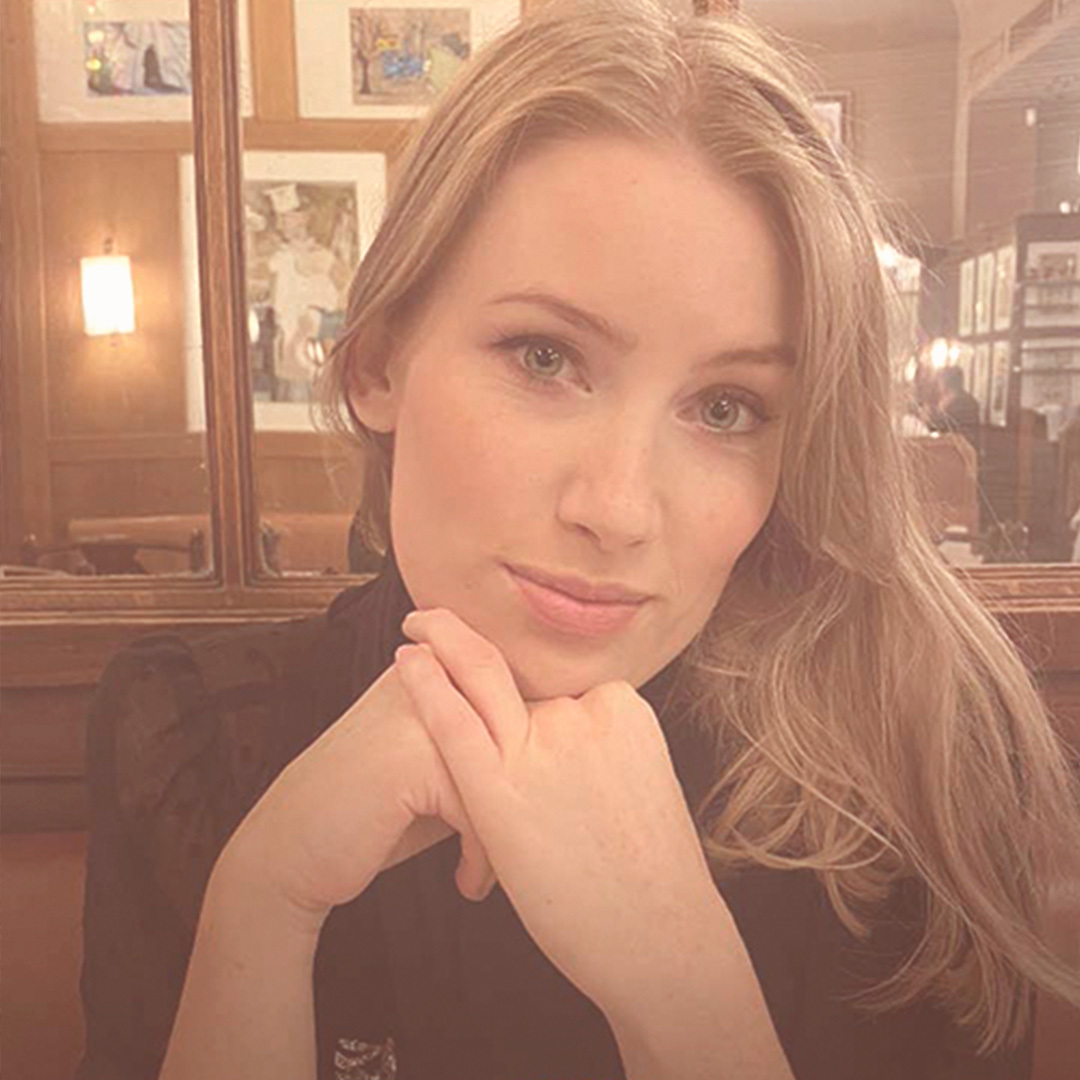Samantha's Story

I knew from the start that it was hard to conceive a child of our own with my partner. As a child he suffered from cryptorchidism and one of his testicles was removed. He was also “very fortunate” to inherit a genetic disease called NF1. During an operation a few years ago, one of his nerves got damaged which left him unable to ejaculate. He was also dealing with hydrocele testis at the time we were discussing our options with the RMC and managed to arrange an operation and combine it with a micro-tese to retrieve sperm.
These are the main reasons we needed help with assisted reproductive technology. The whole process would entail IVF with ICSI & PGT. PGT was required since NF1 has a 50% chance to be inherited by the child.
When we finally moved forward to the end of our fertility exams, a pandemic started. This resulted in longer waiting times and after nearly 2 years, we finally got a letter saying I could start taking my stims in 3 months. I remember how anxious I felt in the beginning of the whole process because I was convinced we would never be able to have a child of our own. My partner had so much bad luck when it comes to his reproductive organs that it felt unlikely it would turn out to be ok. He felt down in those days because he was afraid of this too and blamed himself. I never blamed him and have been as supportive as I could. It was not his fault, and it was nothing he could do anything about to avoid it.
Basically, I am a woman going through IVF because of male fertility problems. With this story, I want to highlight that also men struggle with their fertility and suffer because of it - not just women. I have seen many women on different platforms writing about their male partners, blaming them and pointing fingers at whose fault it is. It is no one's fault. It happens to anyone for no reason. I am grateful that IVF exists and managed to help us get pregnant.
They managed to retrieve 16 eggs of which 8 were mature and fertilized. 4 of these made it into a blastocyst, got a biopsy and were frozen. Only one was healthy. One chance! Six days after my positive ovulation test, our little embryo moved in and decided to stay. I am currently 8 weeks pregnant, and, on my birthday, I will have our first ultrasound.
I am also thankful and amazed that a genetic disease that has been in my partner’s side of the family for many generations, is not inherited by our child and will not be transferred to future generations.
Other Articles

Male factor infertility
The definition of male factor infertility is when the cause of infertility within a couple is becaus... Read article

Endometriosis
The European Society of Human Reproduction and Embryology (ESHRE) has recently released an updated g... Read article
.jpg?alt=media&token=912e3772-6724-4c20-a29e-201478dda308)
Intrauterine Insemination
Intrauterine insemination (IUI), also called artificial insemination (AI), is a type of fertility tr... Read article

Jessica Olers's Story
Sometimes it doesn't turn out as planned. Ever since I was little, I have dreamed of a big family wi... Read article

Jessica’s Story
I have been pregnant three times. Or actually while writing this story, I am pregnant. But I don't f... Read article

Klara’s Story
Our infertility journey started two years ago. The process has not at all been what we expected and ... Read article
.jpg?alt=media&token=fc32a2e6-a127-4170-b5fb-b9338770ed1a)
The effects of Vitamin D on fertility
Vitamin D is a vitamin synthesized in the skin through sun exposure (UVB radiation). Moreover, vitam... Read article

Veronica’s Story
To make babies. Nowadays that phrase has a completely different meaning.In february 2019 we decided ... Read article

Tova’s Story
This is #mybumpystory - an emotional rollercoaster with repeated miscarriages and hopefully soon a b... Read article